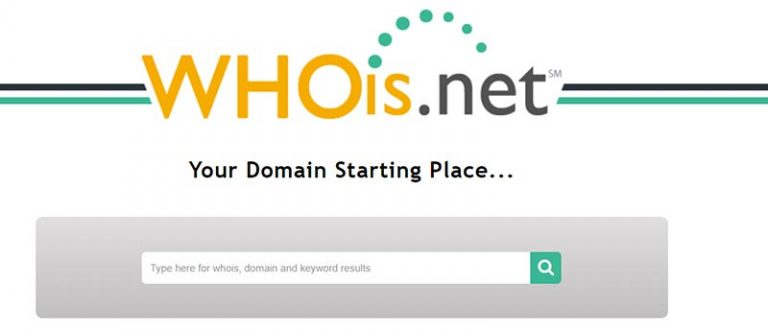How to Conduct Background Checks on Chinese Suppliers: 8 Key Aspects
After choosing the right product, finding a reliable supplier is a critical step in successfully selling your physical product. A reliable supply chain network can save you from worries, endless refunds and complaints, leaving you more time to invest in boosting your sales and enjoying your life. Even if you are not familiar with the Chinese culture and business environment, you can better understand how to check the business background of your suppliers and determine if they are worth working with by evaluating the following 8 areas.
I. Understand the supplier’s business model
Chinese suppliers can be categorized into three types based on their business model: manufacturers, trading companies and wholesalers, each with their own characteristics:
Manufacturers
Manufacturers are people who produce products from scratch. They reach their customers through the following ways:
- Setting up stalls in wholesale markets
- Participating in trade fairs such as the Canton Fair
- Creating an Alibaba account to make it easy for customers to find
Nowadays, it has become a popular trend to buy manufacturers’ products from Alibaba. Some manufacturers focus on production and sell their products to domestic trading companies or wholesalers rather than dealing directly with foreign buyers. If a manufacturer does not have staff proficient in English for sales or marketing, it can be difficult to find them or buy their products directly.
Generally, manufacturers offer the lowest prices, but have higher minimum order quantities, usually around $20 million to $5,000 USD.
Trading Companies
The line between trading companies and wholesalers is blurred. We prefer to refer to companies that have been selling products in a specific category for many years as trading companies. They source products only from manufacturers with whom they have established long-term relationships.
In the early stages of a business, the market testing budget is usually much higher than the MOQ of most manufacturers or trading companies. If you are not too picky about the unit price, buying from a trading company over the long term is a good option. In most cases, minimum order quantities (MOQ) for trading companies start at around $1,000 and prices are very similar to manufacturers.
Wholesalers
Wholesalers usually just resell products from manufacturers and trading companies and can be found at places like Alibaba, trade shows or wholesale markets. They have low starting orders, sometimes below $200 or even $100.
Wholesalers are very sensitive to trends and are likely to have hot products in stock. If a product is found to be a best seller, finding the original is not realistic for most newcomers. If you want a piece of the action, it is advisable to buy from any wholesaler that has it in stock.
However, a wholesaler is not a good choice in the following two situations:
- Want to buy and resell the product for a long time
- Are looking for some level of product customization
Because the wholesaler will be more expensive and not specialized enough to focus on the product
II.analyze the supplier’s product line
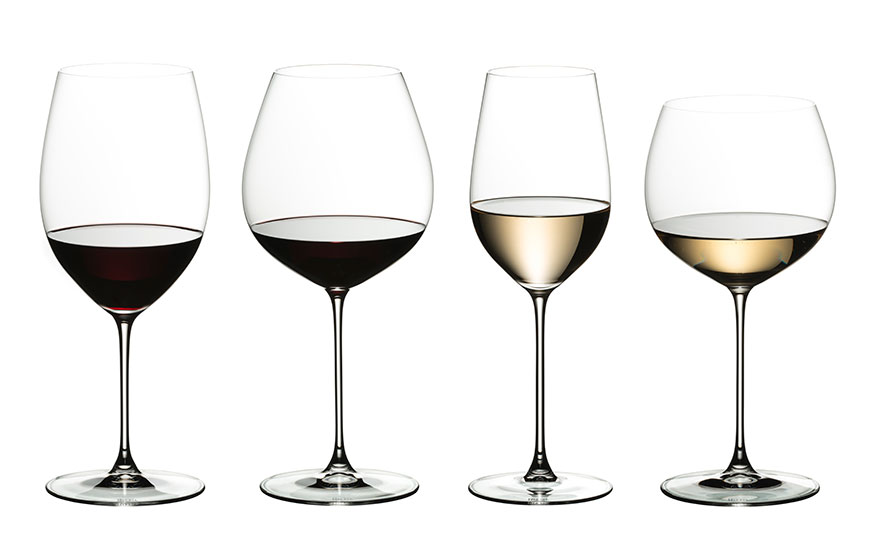
When evaluating suppliers, an in-depth understanding of their product lines is critical. Typically, manufacturers specialize in product lines that are made from the same materials or through similar manufacturing processes. In the case of wine glasses, for example, even though they are similar in shape to traditional wine glasses, a manufacturer that focuses on stainless steel vacuum cups will be prepared to specialize in equipment and techniques for processing stainless steel, not glass. Therefore, if you find a vacuum cup supplier that also offers other types of cups, they are probably just middlemen, purchasing from other manufacturers and reselling them.
- Manufacturers: have a relatively focused product line, specializing in a particular material or process.
- Trading company: If the main business is wine glasses, other product lines should be related to drinking, showing specialization.
- Wholesalers: product lines are extensive and may cover several unrelated categories.
III.Finding suppliers in China
When looking for suppliers, their geographical location is equally critical. Suppliers in industrial clusters that specialize in specific products often offer the most competitive prices. This is especially true when searching online or attending trade shows.
Clusters: Understand the main clusters in China. Multiple clusters exist in different provinces of China and these clusters differ in many ways. For example, Zhejiang and Guangdong are critical to obtaining high quality products at low prices.
- Zhejiang vs. Guangdong clusters: each has its own strengths in different product areas.
- Comparison of cases: In the case of silicone products (e.g. AirPods headphone cases), the manufacturers of such products are either from Guangdong or Zhejiang. However, Guangdong manufacturers tend to outperform Zhejiang manufacturers in terms of quality.
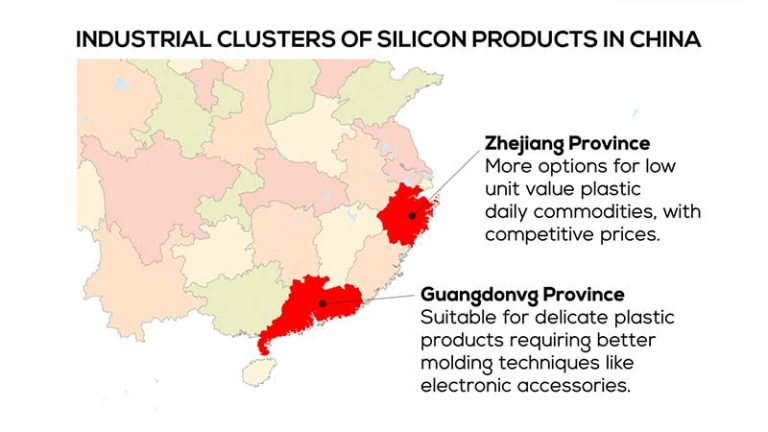
- Practical tip: Talking to suppliers to find out why products are cheaper in other regions can help determine quality differences between industry clusters.
- Regarding place of registration: Many new importers may be confused by the fact that suppliers are registered in both China and Hong Kong. This is not a scam, but a product of China’s strict foreign exchange regulations. Many Chinese companies engaged in international trade will register offshore companies in Hong Kong in order to utilize offshore bank accounts to process foreign currency payments and improve the efficiency of capital operations.
IV. Evaluate the business history of the supplier
The following information is critical for you if you seek to build strong, long-term relationships with suppliers; skip this section if you only plan to make one or two purchases or are comfortable with frequent supplier changes.
Recommendation: Prioritize businesses that have been in operation for at least three years. In China, the threshold for registering a new business is relatively low, costing less than $500, and becoming an Alibaba Gold Supplier member or participating in trade shows can cost only a few thousand dollars. As a result, many individuals who have gained experience in manufacturing or trading choose to start their own businesses. However, when faced with operational challenges, many will choose to quit or change careers. As a result, suppliers that have been able to operate consistently for more than three years are more likely to be your trusted long-term partner.
Verification method:
- Self-introduction: Listen to the supplier’s self-introduction to understand its development history.
- Business license: Check the supplier’s business license to confirm its establishment time.
- Alibaba Profile: Check the supplier’s member profile on Alibaba platform to get more background information.
- Whois query: Search the supplier’s website domain name or email address domain name through Whois tool to check the registration time.
- Social media and trade show records: Visit the supplier’s website or social media accounts to find posts or photos of its participation in trade shows and verify its history of consistently selling relevant products.
V. Refer to the supplier’s exporting countries
When choosing a supplier, it’s crucial to consider the countries they have exported to in the past. For example, if you plan to sell your products on Amazon in the United States and a supplier, while competitively priced, has major customers from developing countries, that supplier may not be the ideal choice. This is because U.S. customers may have a higher expectation of product quality and may demand a refund if they are not satisfied. Knowing which countries the supplier successfully exports to can help determine if they can provide the right quality of product for your market.
For both of the following scenarios, I recommend prioritizing suppliers who have exported to your country or region before.
- Product Compliance Certification: Certain types of products may require compliance certification to be imported. Choosing a supplier that has exported to the target country makes it easier to use their certification or consult with them about the legal import process.
- Freight and customs clearance: For developing countries with cumbersome customs clearance procedures or limited freight forwarding services, it is safer to buy from suppliers with export experience. They may be able to recommend suitable freight forwarders to help handle transportation and customs clearance in the target country, especially in the case of random customs inspections.
VI. Verify the supplier’s compliance certification
In international trade, different countries have strict compliance certification requirements for specific categories of products (e.g. electronics, toys, medical devices, etc.). These certifications are usually required by customs clearance or e-commerce platforms when selling in the target market. Therefore, choosing a supplier that already has the required certifications can effectively reduce the cost and risk of applying for certifications on your own.
- Importance of Compliance Certification: Ensure that your products meet the regulatory requirements of the importing country to avoid customs detention or downgrading on e-commerce platforms.
- Certification case: Take imported toys as an example, if the supplier only holds the EU CE certification, although it can not be directly used in the U.S. market, but can be used as a reference for product quality in line with high standards. However, in order to enter the U.S. market, it is still necessary to carry out the U.S. CPSC standards for testing and obtain the appropriate certification.
- Market testing strategy: For initial market testing, choosing a supplier that already has compliance certification for the target market can save testing costs and speed up product launch.
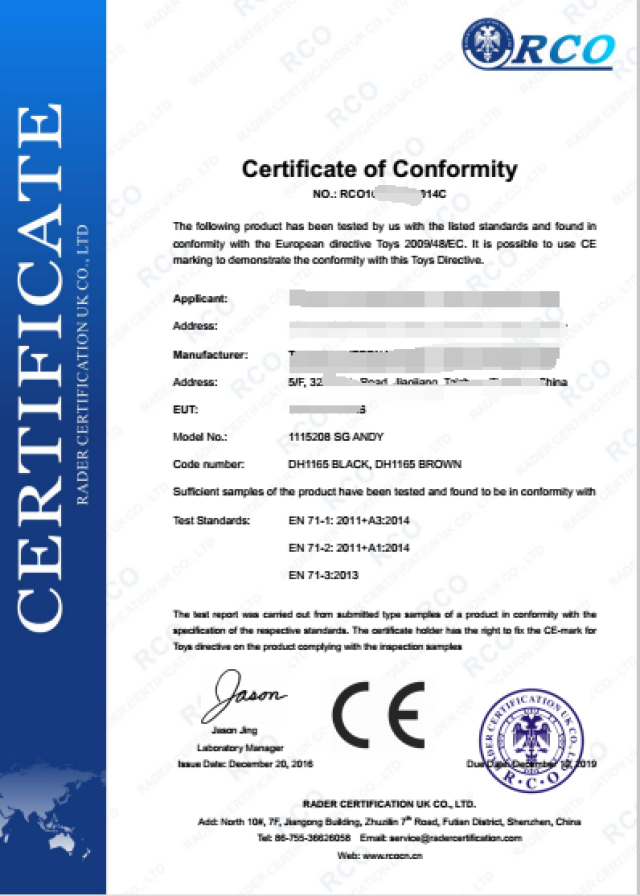
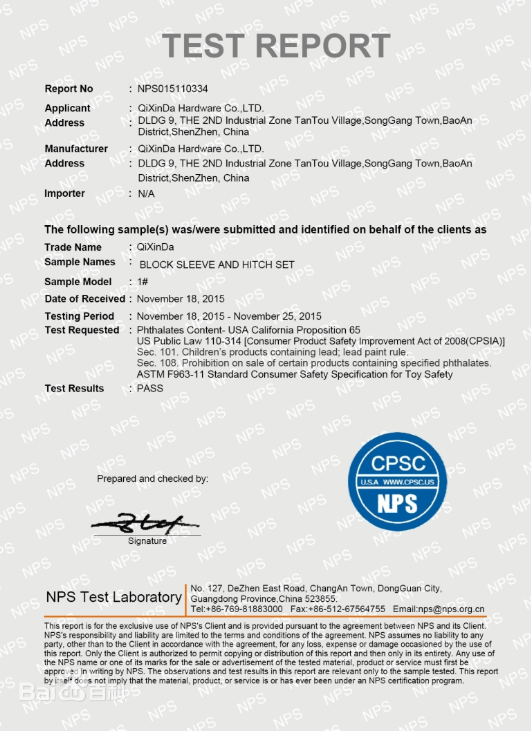
VII. Verify factory qualifications
For most SMEs, an in-depth examination of factory qualifications is not necessary. Large buyers or specific industries may have strict requirements for manufacturer qualifications, but for general trading companies or small manufacturers, qualification holdings are not common.
-
Common qualifications:
- ISO 9001: Quality Management System Certification, indicating that the supplier is well organized and reliable.
- BSCI: Social Responsibility Certification, focusing on factory labor conditions, wage fairness, etc.
-
SME perspective: Although SMEs do not necessarily hold these qualifications, having them shows the supplier’s professionalism and experience working with large retailers.
-
Screening Suggestion: For SMEs, although qualifications are not necessary, they can be used as one of the reference indicators of suppliers’ professionalism and reliability.
VIII. Understanding on Export License
Many new importers have misconceptions about export licenses. Many small manufacturers and trading companies in China may not hold an export license. This does not mean that they cannot export their products, but may be able to do so through a third party company.
- The role of an export license: Suppliers with an export license are usually larger and can export products under their own company name.
- Third party exporting: Suppliers without a license often export through a third party company, which adds a certain amount of cost but is a common practice in China.
- VAT invoicing and exporting: If a supplier does not pay VAT upstream, it will not be able to obtain a VAT invoice from the government, which in turn will prevent it from exporting in the company’s name. This situation is more common amongst small manufacturers and individual businesses in China.
- Bill of Lading Shipper Issues: Do not be alarmed when you find that the shipper on the bill of lading is not the supplier’s company. This may be due to the supplier using a third party name for export for the reasons mentioned above.
Summarizing
The eight methods described above provide a comprehensive and practical framework for the process of selecting and verifying suppliers. Regardless of your product category, these steps will help you gain insight into the background, qualifications, and capabilities of your suppliers so that you can make more informed purchasing decisions.
It’s important to understand that there is no such thing as the “perfect” supplier. Each supplier has unique strengths and limitations. The key is to find the one that best suits your business needs. Through careful verification and evaluation, you can identify suppliers that meet your key metrics of quality, delivery time, price expectations, and so on. However, each case can be different, so in practice, you may need to be flexible and adapt to your business needs and actual situation.
This article is intended to help you understand the Chinese supplier market, so please be flexible and adapt in practice. As a leading sourcing company, we provide one-stop service to find manufacturers, guarantee quality and arrange delivery, making sourcing easier and safer.
Please feel free to contact us for any sourcing needs or questions.
